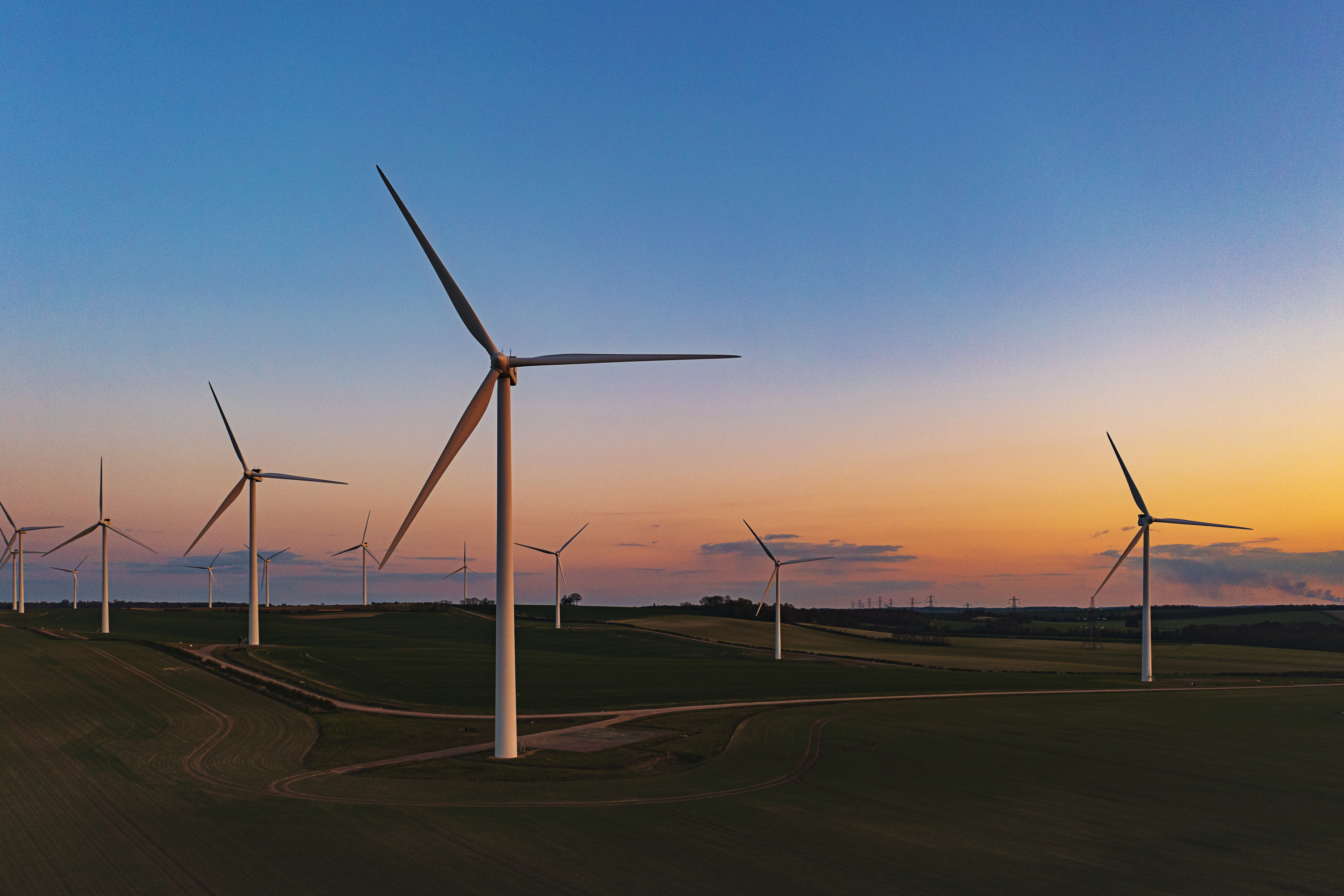
Empowering a greener generation means we’re stepping up our commitment to help employees, customers, and partners make smarter, greener choices. Explore our latest articles, videos, press releases, events, and reports—all in one place.


Smartest Trends - Winter Outlook 24/25

Building a greener future in collaboration with Ecologi

Weathering the storm: The impact of hurricanes on the energy sector

On demand webinar: NYISO and NEPOOL market update

Navigating the energy price horizon
Join us at our next event or webinar
Stay ahead in the renewable energy sector. Attend our upcoming events and webinars to explore energy trends and meet our expert team.

Delve into our company reports
Explore our collection of company reports, covering business activities, sustainability updates, and diversity progress, and follow our ongoing journey as we work to empower a greener generation.

Connect with our US media team
Our industry experts span the globe, offering deep insights and regional knowledge. For US insights, contact our regional media representative.


